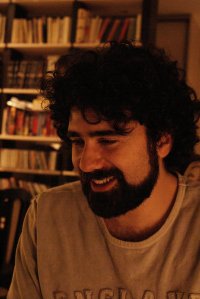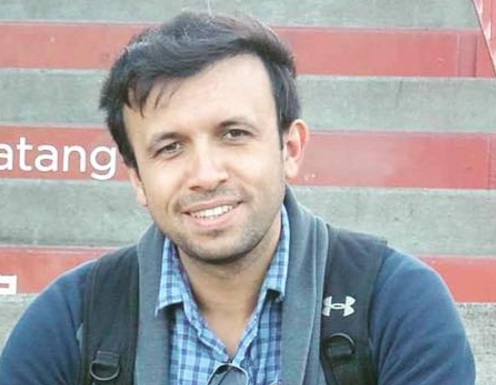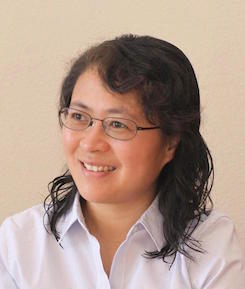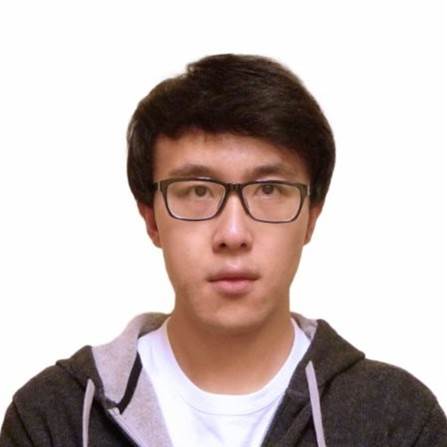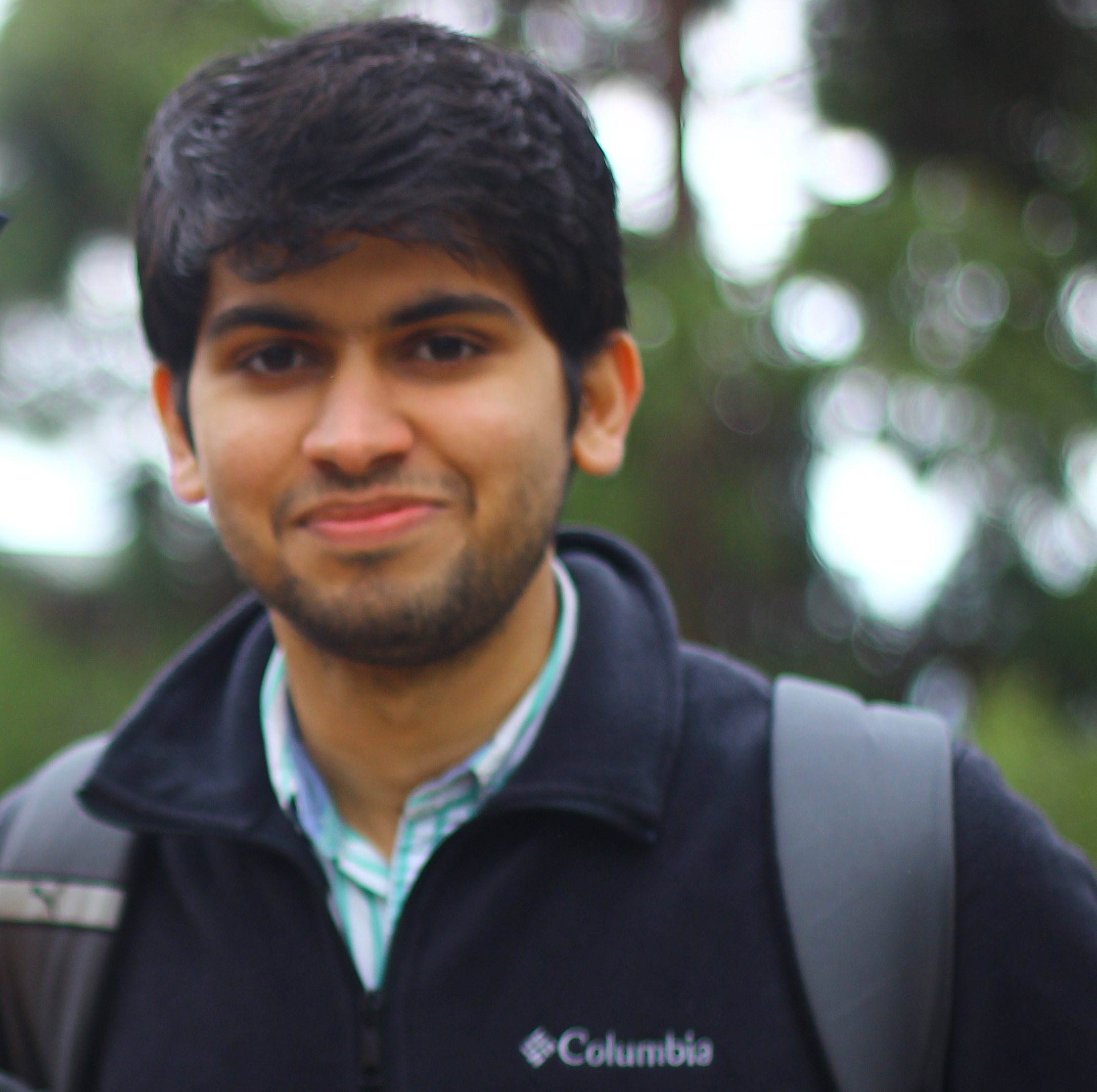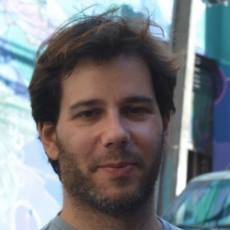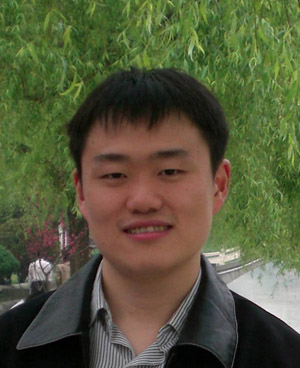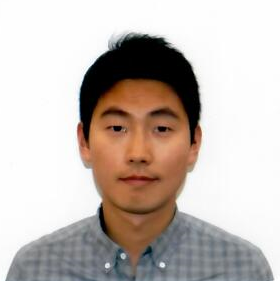VASC Seminar
Learning Common Sense: a Grand Challenge for Academic AI Research
Abstract: In a world where Google, Facebook, and others possess massive proprietary data sets, and unprecedented computational power---how is a graduate student to make a dent in the universe? I’ll address this conundrum by re-visiting one of the holy grails of AI: acquiring, representing, and utilizing common-sense knowledge. Can we leverage modern methods including deep [...]
Multimodal, multilevel analysis of human behavior
Abstract: Computer analysis of human behavior is an interdisciplinary endeavor combining sensing technology, theoretical and empirical models of human behavior, pattern recognition and machine learning algorithms, and interaction sciences. The applications in this area range widely, from robotics to healthcare, from smart environments to multimedia, from security to humanitarian response. While human behaviors span different [...]
Object Detection and Tracking on Low Resolution Aerial Images
Abstract: Object tracking from an aerial platform poses a number of unique challenges including the small number of pixels representing the objects, large camera motion, and low temporal resolution. Because of these unique reasons, low resolution aerial image analysis needs to be tackled differently than the traditional image analysis both in terms of the sensors, [...]
Data-Driven Learning Towards Perceptual Organization
Abstract: Computer vision has advanced rapidly with deep learning, achieving above human performance on some classification benchmarks. At the core of the state-of-the-art approaches for image classification, object detection, and semantic/instance segmentation is sliding window classification, engineered for computational efficiency. Such piecemeal analysis of visual perception often has trouble getting details right and fails miserably [...]
Deep Representation Learning with Induced Structural Priors
Abstract: With the support of big-data and big-compute, deep learning has reshaped the landscape of research and applications in artificial intelligence. Whilst traditional hand-guided feature engineering in many cases is simplified, the deep network architectures become increasingly more complex. A central question is if we can distill the minimal set of structural priors that can [...]
Lifelong Learning via Curiosity and Self-supervision
Abstract: Humans demonstrate remarkable ability to generalize their knowledge and skills to new unseen scenarios. One of the primary reasons is that they are continually learning by acting in the environment and adapting to novel circumstances. This is in sharp contrast to our current machine learning algorithms which are incredibly narrow in only performing the [...]
Capturing and Learning Digital Humans
Abstract: The world is shifting towards a digitization of everything -- music, books, movies and news in digital form are common in our everyday lives. Digitizing human beings would redefine the way we think and communicate (with other humans and with machines), and it is necessary for many applications; for example, to transport people into virtual and augmented reality, [...]
Deformable models meet deep learning: supervised and unsupervised approaches
Abstract: In this talk I will be presenting recent work on combining ideas from deformable models with deep learning. I will start by describing DenseReg and DensePose, two recently introduced systems for establishing dense correspondences between 2D images and 3D surface models ``in the wild'', namely in the presence of background, occlusions, and multiple objects. [...]
Building Scalable Framework and Environment of Reinforcement Learning
Abstract: Deep Reinforcement Learning (DRL) has made strong progress in many tasks that are traditionally considered to be difficult, such as complete information games, navigation, architecture search, etc. Although the basic principle of DRL is quite simple and straightforward, to make it work often requires substantially more samples with more computational resource, compared to traditional [...]
Scene Understanding
Abstract: Accurate and efficient scene understanding is a fundamental task in a variety of computer vision applications including autonomous driving, human-machine interaction, and robot navigation. Reducing computational complexity and memory use is important to minimize response time and power consumption for portable devices such as robots and virtual/augmented devices. Also, it is beneficial for vehicles [...]

